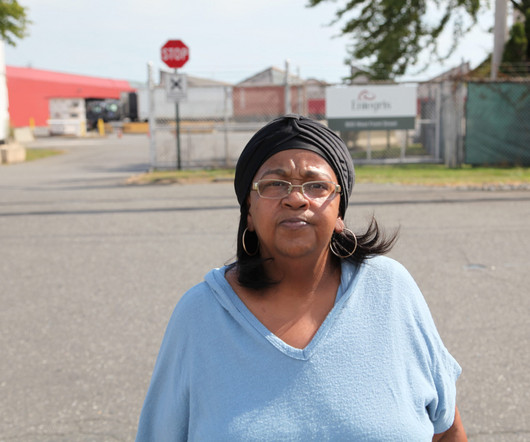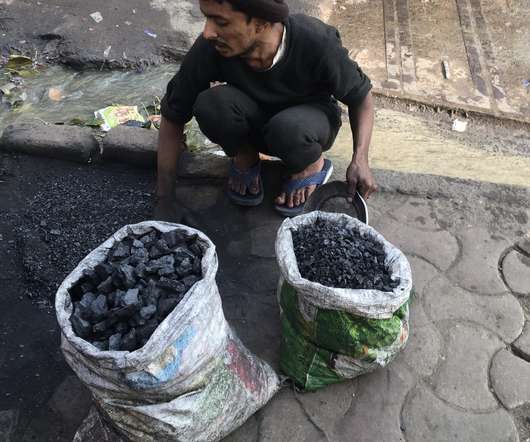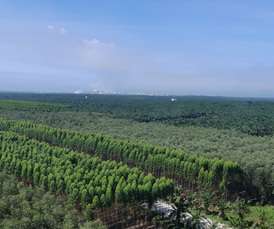How Fossil Fuels Are Being Used To Reduce Carbon Dioxide Emissions
R-Squared Energy
FEBRUARY 8, 2021
In 2004, over 90% of homes used kerosene for cooking. Now over 90% of homes are using LPG – almost the entire population of Indonesia since 2004. In Asia, it was just over 6%. So, we’re channeling this fuel, which is otherwise wasted, into a very positive benefit, essentially for the people and the planet.















Let's personalize your content